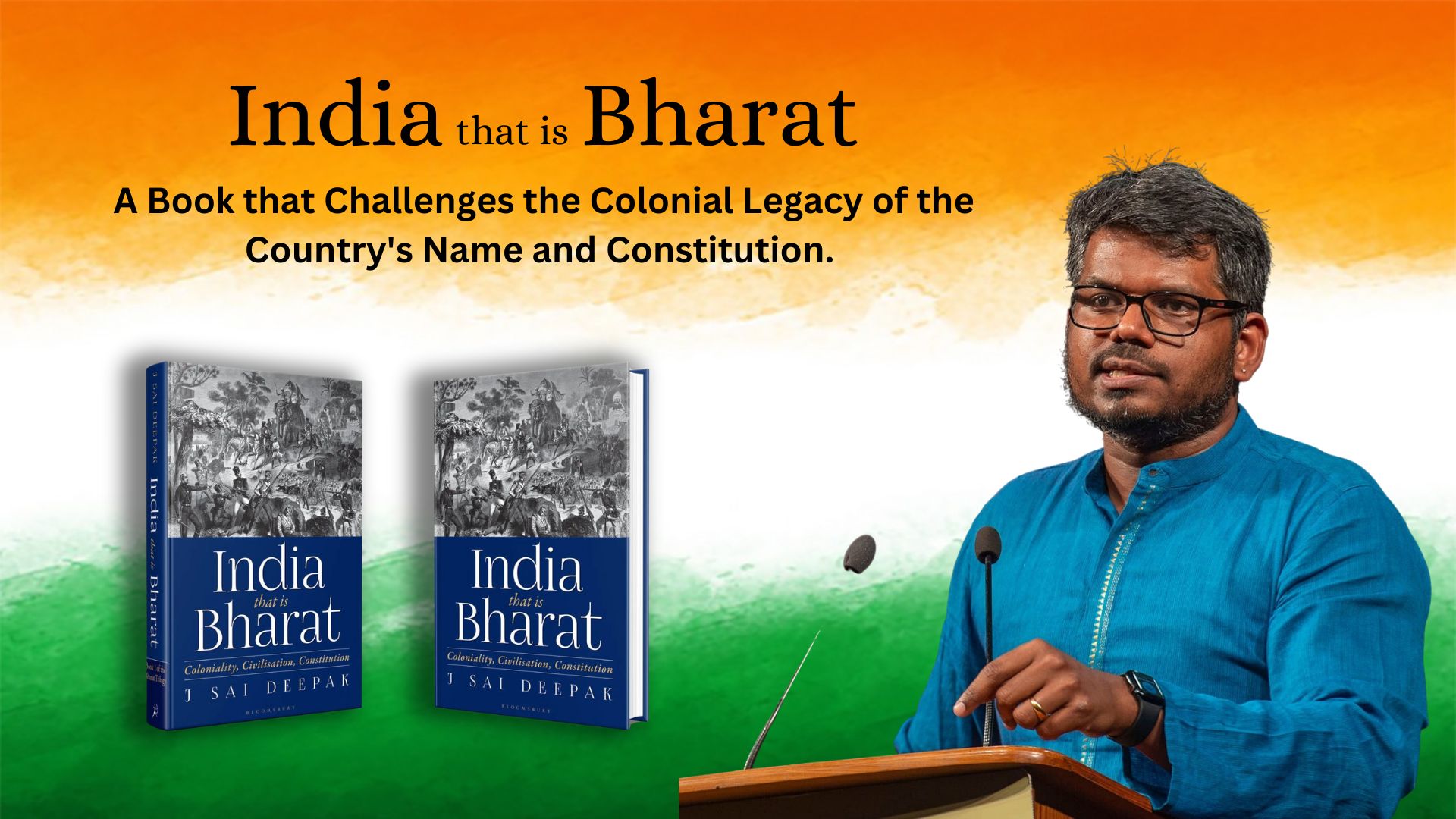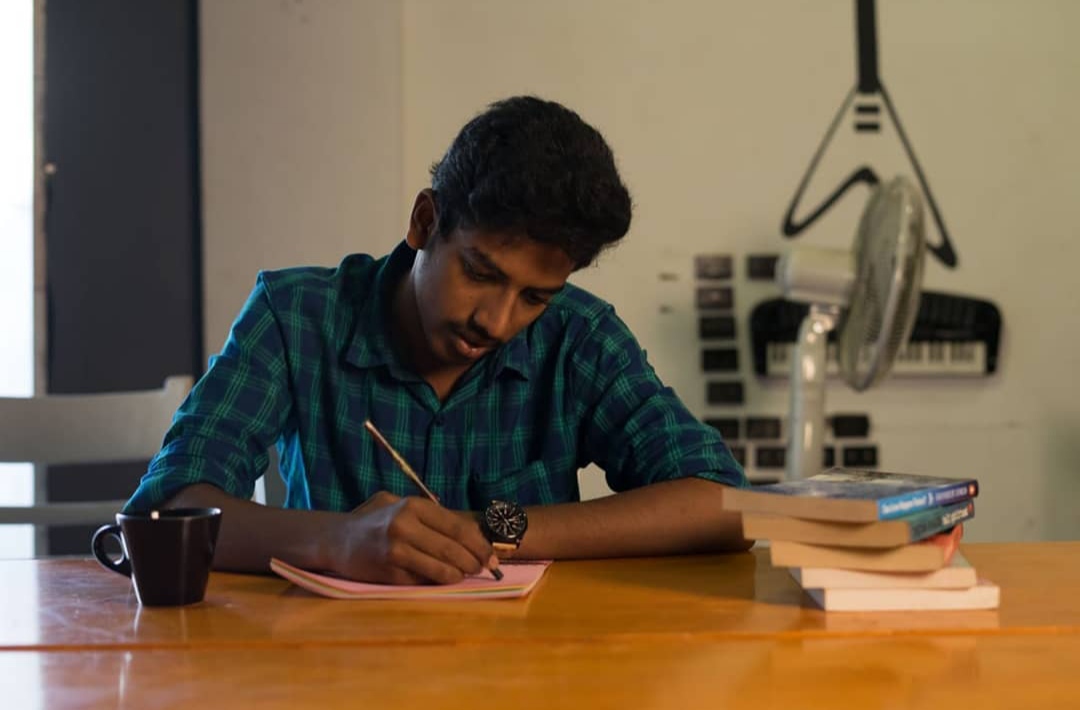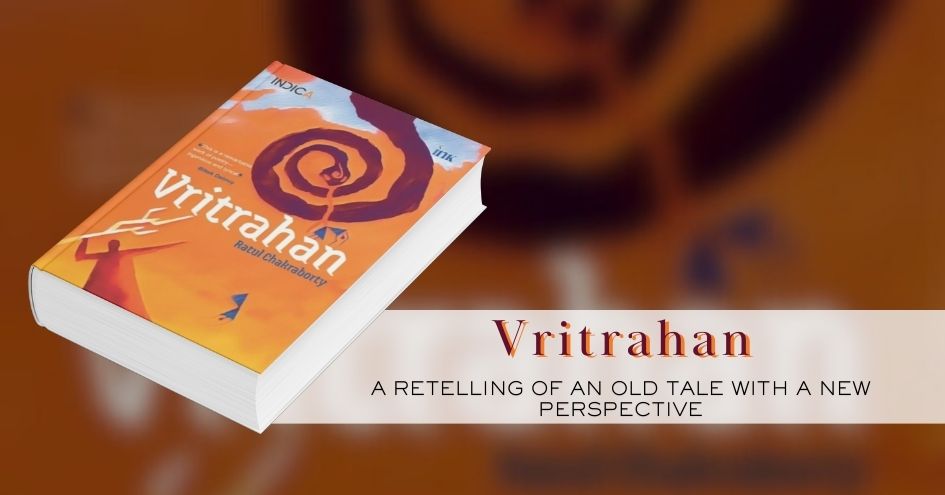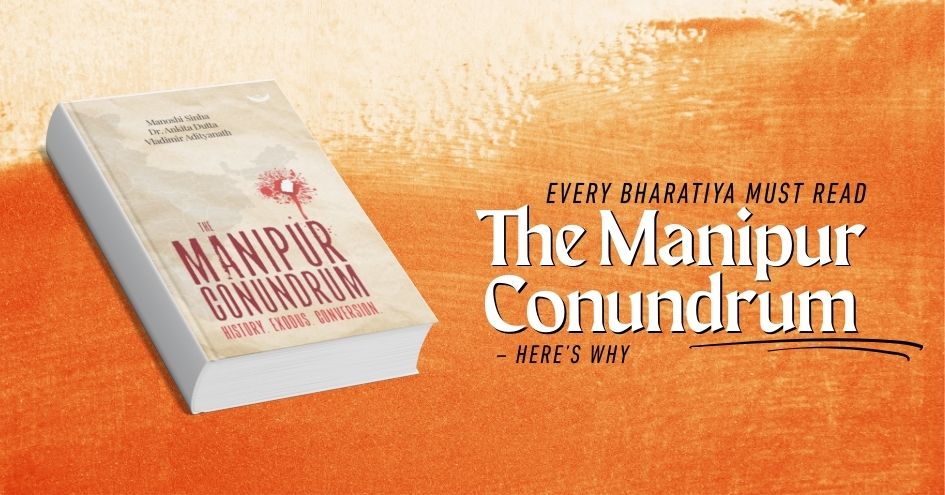
One of the most contentious and controversial issues in Indian politics today is the demand to change the name of the country from India to Bharat. While some argue that India is a colonial legacy that does not reflect the true identity and culture of the nation, others contend that Bharat is a sectarian and divisive term that excludes the diversity and pluralism of the people. What is the origin and significance of these names? How do they relate to the history, civilisation and constitution of the country? These are some of the questions that are addressed in a remarkable book by J Sai Deepak, titled India that is Bharat: Coloniality, Civilisation, Constitution. The book by the name itself sounds as if it is talking to Indians, “Hey India! That is Bharat and not India.” In this article, we will review this book and explore its insights and implications for the ongoing debate.
"The objective of this work is to present a comprehensive and holistic account of the impact of coloniality on Bharat as a civilisation and its successor state, India, as a constitutional democracy." (Preface, p. xix)
India that is Bharat: Coloniality, Civilisation, Constitution is the first book of a comprehensive trilogy that explores the influence of European colonial consciousness, or coloniality, on Bharat as the successor state to the Indic civilisation and the origins of the Indian Constitution. The author, J Sai Deepak, is a lawyer and thinker who has argued some landmark cases in the Supreme Court of India, often from the unpopular side of the debate. He is also a prolific speaker and writer who has challenged the dominant narratives on various issues related to Indic culture, history and law.
"Coloniality is not merely an outcome or an after-effect of colonialism; it is a worldview that shapes and informs colonialism." (Chapter 1, p. 9)
The book is divided into three parts: The first part traces the history of coloniality from its religious and racial roots in the Papal Bull of 1493 that sanctioned the conquest and conversion of non-Christian lands by European powers, to its manifestation in various forms of colonialism, colonisation, colonialisation and post-colonialism that have shaped the modern world order. The second part examines the impact of coloniality on Bharat as a civilisational entity, and how it has eroded its cultural identity, sovereignty and self-respect. The third part analyses the Indian Constitution as a product of coloniality, and how it has failed to reflect the aspirations and values of Bharat as a civilisation-state.
"Bharat's civilisational identity was systematically dismantled by European colonisers through a combination of political subjugation, economic exploitation, cultural appropriation and psychological alienation." (Chapter 5, p. 155)
The book is a rigorous and scholarly work that draws from a wide range of sources, both primary and secondary, from various disciplines such as history, sociology, anthropology, political science, law and philosophy. The author also uses his own experience and insights as a lawyer and activist to illustrate his arguments and critique the existing paradigms. The book is not a mere academic exercise, but a passionate and patriotic call for action to reclaim Bharat's civilisational legacy and constitutional destiny.
"India's Constitution was shaped by coloniality in terms of its content, structure and spirit." (Chapter 9, p. 287)
The book is timely and relevant in the context of the ongoing debate over the name of the country. While the Constitution uses both India and Bharat as official names, there has been a growing demand from some quarters to rename the country as Bharat only, arguing that India is a symbol of colonial slavery and alienation. The author supports this demand and explains why Bharat is not just a name, but a concept that represents the essence and ethos of the Indic civilisation. He also exposes the fallacies and prejudices of those who oppose this demand and accuse it of being communal or chauvinistic.
"Decoloniality is not merely an act of resistance or rejection; it is an act of affirmation and reconstruction." (Chapter 13, p. 417)
The book is not only informative, but also provocative and inspiring. It challenges the readers to question their assumptions and beliefs about their country and themselves. It invites them to rediscover their roots and reclaim their rights as citizens of Bharat. It urges them to participate in the process of decolonising their minds and constitutions. It offers them a vision of Bharat that is based on civilisational pride, cultural diversity, constitutional morality and democratic accountability.
The book is a must-read for anyone who is interested in understanding the history, culture, law and politics of Bharat. It is also a valuable resource for students, scholars, lawyers, activists and policymakers who are engaged in shaping the future of Bharat. It is a book of consequence that deserves wide attention and appreciation.
Source:
(1) India that is Bharat: Coloniality, Civilisation, Constitution. https://www.goodreads.com/book/show/58508534-india-that-is-bharat.
(2) Mahabharata - Wikipedia. https://en.wikipedia.org/wiki/Mahabharata.
(3) India, that is Bharat: A short history of the nation's names. https://indianexpress.com/article/explained/explained-history/india-bharat-name-history-8925757/.
 Vigneshwaran is both a skilled digital content writer and a digital marketer by profession, as well as an avid independent writer driven by his passion. His literary talents extend to crafting beautiful poems and captivating short stories. In addition to these creative pursuits, he has also authored a book titled "Halahala," which can be found on Wattpad.
Vigneshwaran is both a skilled digital content writer and a digital marketer by profession, as well as an avid independent writer driven by his passion. His literary talents extend to crafting beautiful poems and captivating short stories. In addition to these creative pursuits, he has also authored a book titled "Halahala," which can be found on Wattpad.
NEXT ARTICLE

Saiswaroopa Iyer is an author who needs no introduction. She is one of the authors who pioneered Puranic fiction in India with books exploring tales f...

Indra killed Vritra using his Vajra. Once again, good won over evil and dharma over adharma. This is a story most Bharatiyas know. The story is a pa...

The recently-released book on Manipur titled The Manipur Conundrum – History. Exodus. Conversion. – is the result of tiring efforts by three Bharatiya...